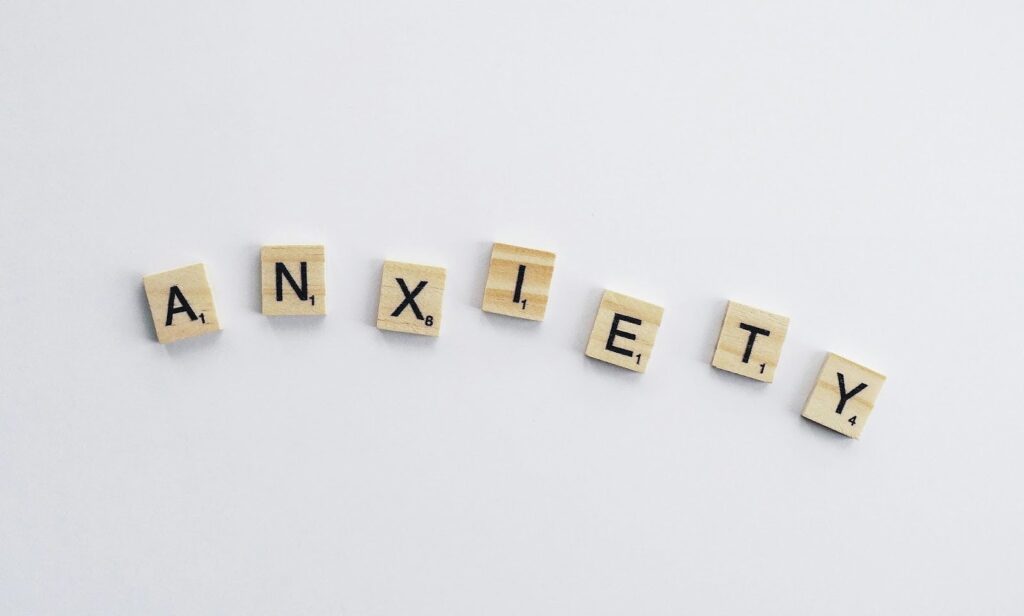Mental health forms the basis of how people think, feel, and behave in everyday life. It influences relationships, decision-making, and the ability to handle stress or change. A healthy state of mind allows individuals to function productively, build meaningful connections, and recover from life’s difficulties. Despite its importance, mental well-being is often misunderstood or overlooked. By understanding what contributes to mental health and learning how to maintain it, people can create stronger emotional resilience and lead more balanced lives.
Defining Mental Health in Everyday Life
Mental health extends beyond the absence of mental illness, it represents psychological, emotional, and social well-being. It affects how people interpret experiences, manage emotions, and relate to others. While genetics and biology play a role, mental health is equally shaped by environment, upbringing, and lifestyle choices.
Healthy mental functioning doesn’t mean constant happiness or calmness; it involves the capacity to navigate challenges effectively. Everyone experiences stress, grief, or anxiety at times, but strong mental health enables recovery and adaptation. Recognizing that emotional struggles are a normal part of life removes stigma and encourages proactive care. Seeking support early and maintaining consistent routines can prevent minor difficulties from becoming more serious concerns.
Accessing Support and Reliable Resources
Taking care of mental health often begins with knowing where to find help. In moments of stress, loss, or confusion, connecting with the right professionals or community services provides valuable guidance. Many people hesitate to reach out, fearing judgment or misunderstanding. Professional support can make the difference between temporary distress and prolonged difficulty.
Organizations offering accessible programs, counseling, and education make a real impact. For instance, mental health resources such as We Conquer Together provide structured support, group engagement, and tools that promote emotional strength. They bridge the gap between awareness and action, helping individuals feel less isolated in their struggles. Whether through therapy, online communities, or educational materials, these resources empower people to take control of their mental well-being. Normalizing such support systems encourages more individuals to seek help before crises escalate.
Biological and Environmental Influences
A person’s mental state results from a combination of genetic, biological, and environmental factors. Brain chemistry, hormone balance, and family history can all influence emotional stability. Some individuals inherit vulnerabilities that make them more susceptible to conditions like depression or anxiety. While these factors can’t always be changed, understanding them allows people to manage their health with informed strategies.
Environmental conditions play a critical role. Exposure to chronic stress, poverty, or trauma can deeply affect emotional development. Supportive relationships and stable environments strengthen resilience. Building awareness of these influences helps individuals and families make proactive lifestyle changes, such as improving nutrition, prioritizing rest, and reducing exposure to harmful environments, that support well-being.
The Role of Lifestyle in Mental Wellness
Daily habits have a profound impact on mood and cognition. Regular exercise, adequate sleep, and a balanced diet contribute directly to mental clarity and emotional regulation. Physical activity releases endorphins that counteract stress, while sleep restores cognitive function and energy.
Nutrition affects brain chemistry, too. Diets rich in whole foods, lean proteins, and omega-3 fatty acids support mental balance. Conversely, excessive sugar, caffeine, and processed foods may contribute to anxiety and irritability. Incorporating mindfulness, meditation, or journaling into daily routines enhances self-awareness and reduces tension. These simple practices form a foundation for emotional stability that complements professional care.
Social Connection and Emotional Resilience
Humans thrive on connection. Strong relationships with family, friends, and community members provide a sense of belonging and support that protects against emotional decline. Conversations, shared experiences, and acts of kindness all promote positive emotions and reduce loneliness.
Social support acts as a buffer during times of stress. People who can discuss challenges openly with trusted individuals tend to recover from setbacks more quickly. Building these bonds requires vulnerability and trust but pays off in long-term mental health. For those who feel isolated, joining community groups or volunteering can restore a sense of purpose and interaction that strengthens resilience.
Understanding the Mind-Body Connection
Mental and physical health are deeply interconnected. Chronic illness, pain, or fatigue can intensify emotional distress, while ongoing stress can weaken the immune system and contribute to physical ailments. Recognizing this connection encourages a holistic approach to wellness.
Practices such as yoga, deep breathing, and mindfulness help synchronize body and mind. These activities lower blood pressure, improve focus, and calm the nervous system. Even small changes, like walking outdoors, reducing screen time, or spending time in nature, have measurable effects on emotional stability. Viewing mental and physical health as interdependent components of the same system creates balance and longevity.
Reducing Stigma and Encouraging Open Dialogue
One of the greatest barriers to mental health progress remains stigma. Many people still feel ashamed or fearful about acknowledging emotional struggles. Breaking that silence begins with open, respectful conversations at home, in schools, and in workplaces.
Education plays a crucial role in dispelling myths about mental illness. Understanding that conditions such as depression, anxiety, and bipolar disorder are medical issues, not moral failings, encourages empathy and action. Employers who promote mental health awareness foster safer, more supportive environments. Public discussions, training programs, and inclusive policies all contribute to changing perceptions.

Mental health underpins every aspect of life, from productivity and relationships to creativity and physical wellness. Understanding its foundations empowers individuals to approach challenges with strength and compassion. By embracing supportive habits, connecting with others, and utilizing trusted resources, everyone can nurture stability and peace of mind. Building mental wellness is not a single event but a lifelong commitment to self-care, awareness, and empathy, for oneself and for others.
